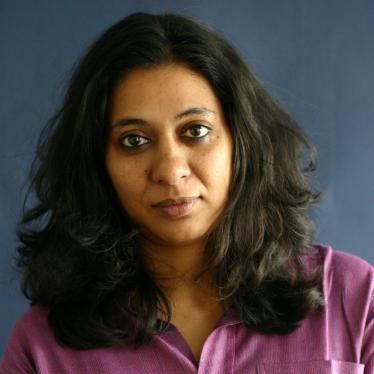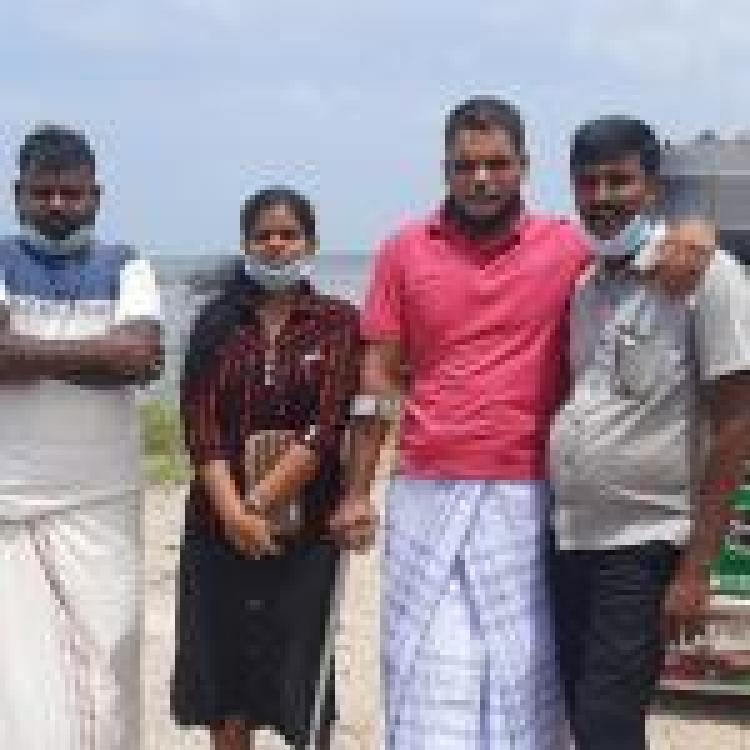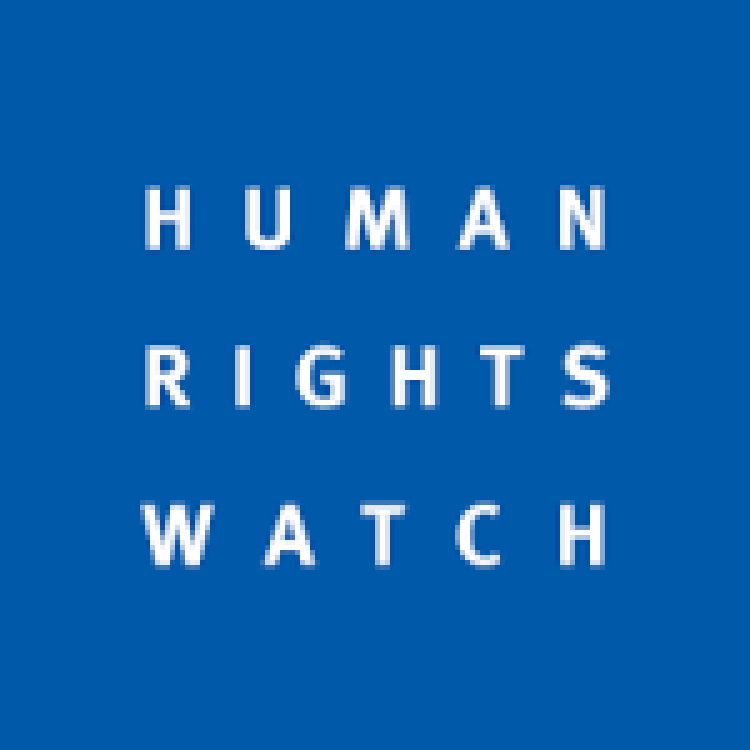![]()
Human Rights Watch (HRW) has called on the European Commission to increase its scrutiny on Sri Lanka and to set out a “timeline and concrete benchmarks for replacing the PTA and fulfilling other human rights obligations” or otherwise suspend Sri Lanka's access to preferential trading terms known as GSP+.
In a statement released on Tuesday (29th June), HRW highlighted that the Sri Lankan government’s pardoning of 16 political prisoners is welcomed but merely an “empty gesture” that fails to urgently address the need to repeal the draconian Prevention of Terrorism Act (PTA).
The European Parliament adopted a resolution on 10th June, 2021 calling for the European Union (EU) to consider withdrawing preferential access to its markets unless the Sri Lankan government complies with its commitments to replace the PTA.
HRW suggested that the European Commission should tackle the Sri Lankan government’s neglect on human rights against Tamils and Muslims by introducing a set process to get them to comply:
“The European Commission should consider launching the process of heightened scrutiny known as an “enhanced engagement” with the Sri Lankan government under the GSP+ scheme, setting out a timeline and concrete benchmarks for replacing the PTA and fulfilling other human rights obligations.”
The statement comes after Sri Lankan President Gotabaya Rajapaksa recently pardoned 94 prisoners, including 16 political prisoners convicted under the PTA. The 16 political prisoners detained under the PTA, in most cases had been imprisoned for over a decade because of alleged links to the LTTE and incarcerated for periods exceeding their original sentence.
HRW notes that the draconian PTA has long enabled arbitrary detention and confessions obtained through torture and has been “used primarily against members of the Tamil and Muslim minorities”. A lawyer whose own organisation has been targeted under the law told HRW that, “the number of people arrested in the north and east under the PTA is increasing”.
The statement also stressed that Rajapaksa has taken steps to make the law more abusive and emboldened security forces to harass and intimidate numerous civil society groups and human rights defenders, especially in the Tamil North-East.

File photo: Meenakshi Ganguly - South Asia Director HRW
Meenakshi Ganguly, South Asia Director for HRW called the recent release a "blatantly cynical measure to keep trade preferences" and an "empty gesture".
"The release of people imprisoned for years under the [PTA] in no way removes the need to replace the abusive law or the need for pressure from Sri Lanka's partners to do so".
Rajapaksa has been noted as making recommendation to ensure his detained allies were released; his political ally, Duminda Silva, a former member of parliament who was convicted of the 2011 murder of a rival politician, Bharatha Lakshman Premachandra, was recently released at the same time as the other 16 Tamil political prisoners The Supreme court of Sri Lanka had upheld the conviction in 2018 but Rajapaksa has continued to undermine the rule of law and recently formed a Presidential Commission that recommended dropping charges against dozens of his allies and relatives who are under investigation for alleged human rights abuses or corruption.
Most notably, his abuse of Presidential pardons led to the release of Sunil Ratnanayake in 2020, a Sri Lankan soldier convicted of killing 8 Tamil civilians. Ganguly added, "President Rajapaksa's assault on the rule of law heightens with each passing day". She noted that "Sri Lanka's international partners need to keep up the pressure until there is genuine reform to end systemic abuses, and not allow themselves to be deflected with unreliable promises or empty gestures".
Read the full statement from HRW here.





